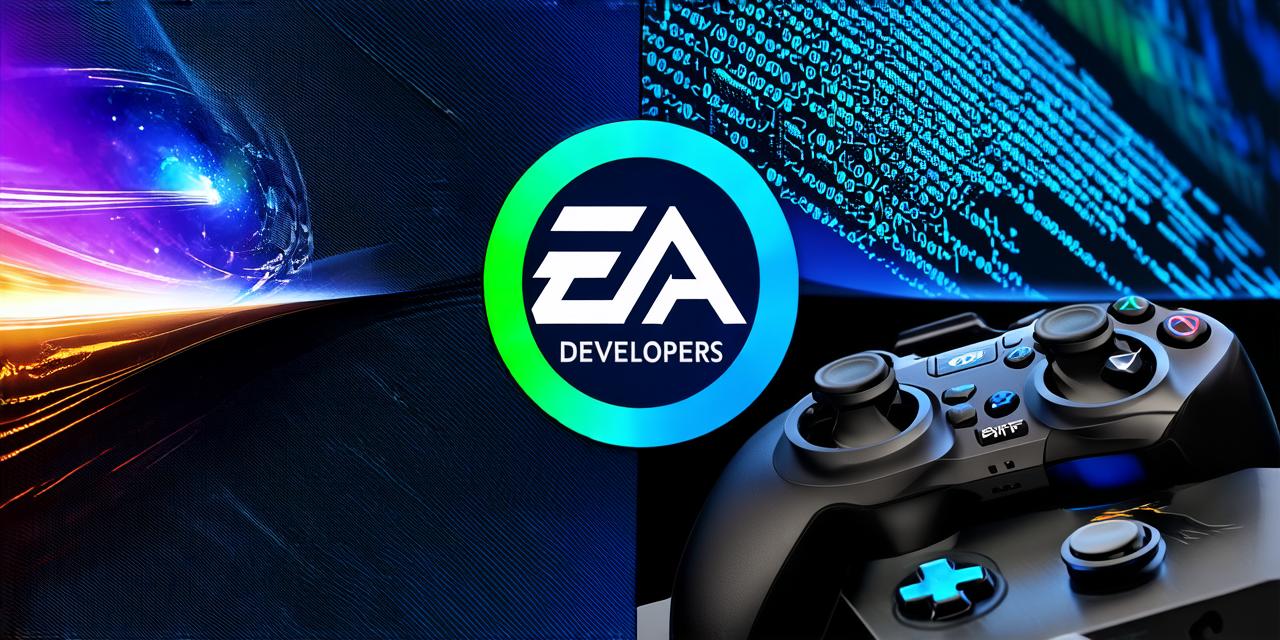1. Unity: A Powerful and Versatile Tool
Unity is a popular choice among game developers due to its versatility and power. This software allows users to create 2D, 3D, and AR/VR games for various platforms, including PC, mobile, console, and web. With a vast library of assets, plugins, and tools, Unity offers everything you need to bring your game ideas to life.
Some of the features that make Unity stand out include:
- A user-friendly interface that allows easy navigation and quick access to essential tools and functions.
- Support for scripting in C, JavaScript, and Boo, making it easier to customize your game’s behavior.
- Integration with a wide range of third-party tools and services, including cloud-based collaboration platforms, version control systems, and asset stores.
- A large community of developers who contribute to the software’s continuous improvement through plugins, extensions, and tutorials.

Unity also offers several pricing plans, ranging from free to enterprise, making it accessible to developers of all sizes and budgets.
2. Unreal Engine: A High-Performance Powerhouse
Unreal Engine is another popular choice among game developers, known for its high performance and advanced features. This software allows users to create realistic 3D environments, characters, and animations with ease. With a vast library of assets and tools, Unreal Engine offers everything you need to bring your game ideas to life.
Some of the features that make Unreal Engine stand out include:
- A powerful physics engine that allows for realistic movement and interaction between objects in the game world.
- Advanced rendering capabilities that enable the creation of stunning visual effects, including particle systems, lighting, and special effects.
- Integration with a wide range of third-party tools and services, including cloud-based collaboration platforms, version control systems, and asset stores.
- A large community of developers who contribute to the software’s continuous improvement through plugins, extensions, and tutorials.
Unreal Engine also offers several pricing plans, ranging from free to enterprise, making it accessible to developers of all sizes and budgets.
3. Blender: An Open-Source Powerhouse
Blender is a powerful open-source 3D software that has gained popularity among game developers due to its versatility and affordability. This software allows users to create 2D, 3D, and animation projects for various platforms, including PC, mobile, console, and web. With a vast library of assets, plugins, and tools, Blender offers everything you need to bring your game ideas to life.
Some of the features that make Blender stand out include:
- A user-friendly interface that allows easy navigation and quick access to essential tools and functions.
- Support for scripting in Python, making it easier to customize your game’s behavior.
- Integration with a wide range of third-party tools and services, including cloud-based collaboration platforms, version control systems, and asset stores.
- A large community of developers who contribute to the software’s continuous improvement through plugins, extensions, and tutorials.
Blender is available for free, making it an affordable option for developers of all sizes and budgets.
Choosing the Right 3D Software for Your Game Development Project
Choosing the right 3D software for your game development project can be a daunting task. However, by understanding the features and capabilities of each software, you can make an informed decision that will help you bring your game ideas to life. Whether you’re a beginner or an experienced developer, there is a 3D software option available that will meet your needs. Before making a final decision, it’s important to consider your budget, experience level, and the specific features you need for your project. By taking these factors into account, you can choose the best 3D software for your game development project and bring your vision to life.




